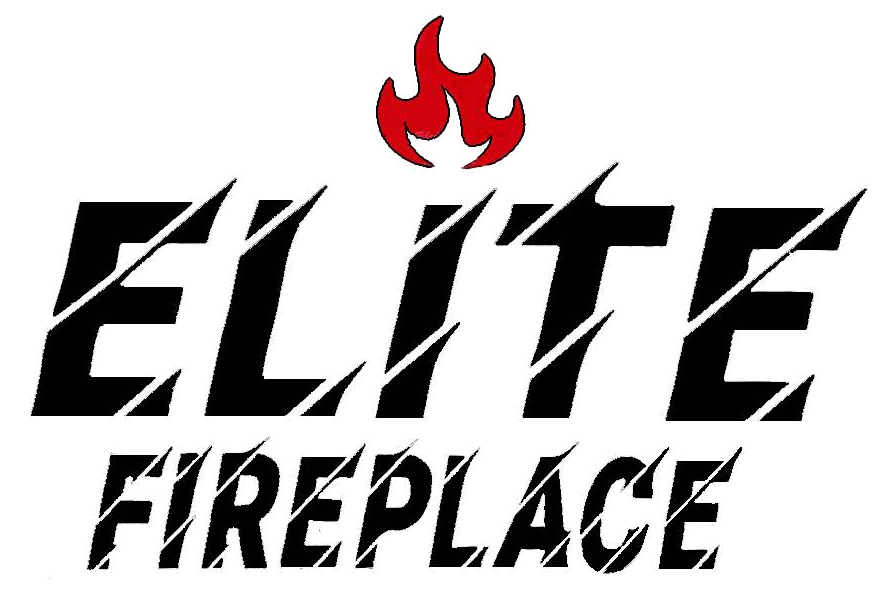Written by: Paul Dreher
Chimneys, in particular, require upkeep.
A chimney that is dirty, blocked or in disrepair can inhibit proper venting of smoke up the flue, and can also cause a chimney fire. Nearly all residential fires originating in the chimney are preventable, according to the New York State Homeland Security and Emergency Services.
Chimney fires account for 75% of home heating fires , meaning homeowners should actively monitor their chimneys. Homeowners looking to avoid damage to their property and increased premiums should prepare for fires by checking their smoke alarms and updating their emergency plan.
The Chimney Safety Institute of America recommends looking for these signs of a pending chimney fire: a loud cracking and popping noise; a lot of dense smoke; or an intense, hot smell.
In honor of National Chimney Safety Week 2018 — held Sept. 30 to Oct. 6 — here are 10 tips to prevent chimney fires:
- Have your chimney inspected and cleaned at least once a year by a professional, and more than that if creosote builds up on your chimney walls more rapidly.
- Consider installing a stainless steel liner that will withstand even the highest temperatures and will keep the embers contained.
- Watch out for soot buildup. Soot is softer than creosote, but is also flammable and should be cleaned up regularly.
- Between the professional inspects and cleanings, be sure to check and monitor your wood-burning fireplace for signs of buildup or other problems.
- Clean the interior of your fireplace, including the floor, regularly. Sweep or vacuum up cold ashes.
- Your chimney has a cap on the top of it with open sides (usually covered in mesh to keep rain, birds, squirrels and debris out). Make sure this cap is regularly inspected and replaced when necessary.
- Check the interior of your fireplace for creosote buildup. It is flammable, therefore too much buildup is a fire hazard and should be cleaned away with creosote remover as soon as possible.
- Any time there is smoke indoors from your fireplace, troubleshoot and immediately correct any problems you find. Possible causes are a dirty chimney, soot or creosote buildup, other debris, a sample that isn’t open or fully opened, or wood not building completely.
- To improve your fireplace’s efficiency, you should also consider installing heat-proof glass doors to protect against heat loss and a fan or blower to direct heat into the room.
- If possible, burn hardwoods like maple, oak, ash and birch. These woods burn hot and long, are cleaner to handle, and have less pitched and sap. They also tend to leave less creosote buildup but can be more expensive.
Contact Elite Fireplacetoday. Our dedicated team of professionals will get to know your personalized needs and provide you with options to make an informed decision.
Give us a call today at 610-489-4274 to or have one of our professionals answer your questions, or contact us online to schedule an appointment. We proudly serve the residents of Montgomery, Delaware, and Chester County, PA.
